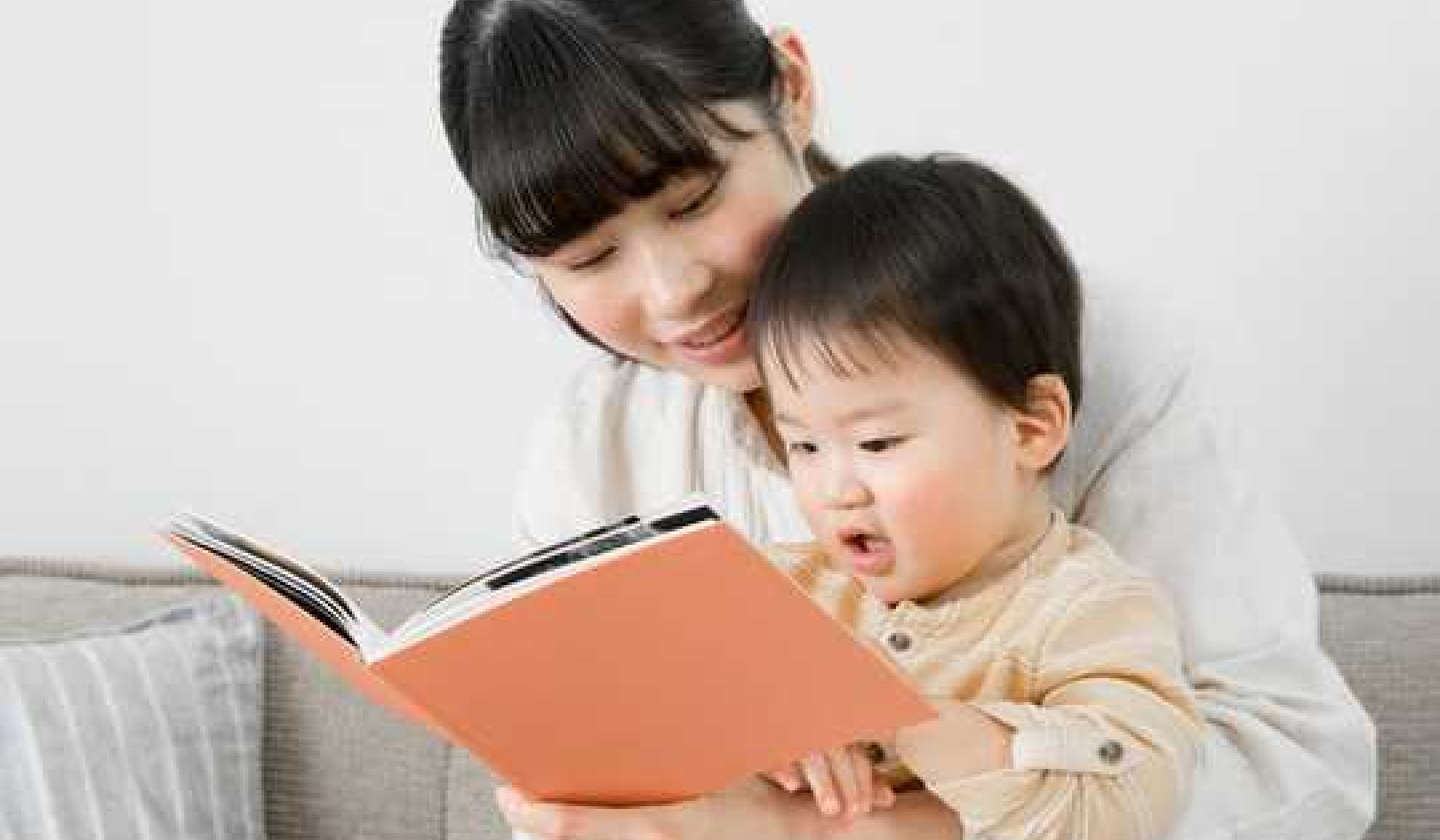
When spouses love each other, their children stay in school longer and marry later in life, according to new research.
Research about how the affection between parents shapes their children’s long-term life outcomes is rare because the data demands are high. The new study in Demography uses unique data from families in Nepal to provide new evidence.
“In this study, we saw that parents’ emotional connection to each other affects child rearing so much that it shapes their children’s future,” says coauthor William Axinn, a researcher at the Institute for Social Research at the University of Michigan. “The fact that we found these kinds of things in Nepal moves us [one] step closer to evidence that these things are universal.”
“Love is not irrelevant; variations in parental love do have a consequence.”
The study uses data from the Chitwan Valley Family Study in Nepal. The survey launched in 1995, and collected information from 151 neighborhoods in the Western Chitwan Valley.
Researchers interviewed married couples simultaneously but separately, and asked them to assess the level of affection they had for their partner. The spouses answered “How much do you love your (husband/wife)? Very much, some, a little, or not at all?”
The researchers then followed the children of these parents for 12 years to document their education and marital behaviors. The researchers found that the children of parents who reported they loved each other either “some” or “very much” stayed in school longer and married later.
“Family isn’t just another institution. It’s not like a school or employer. It is this place where we also have emotions and feelings,” says lead author Sarah Brauner-Otto, director of the Centre on Population Dynamics at McGill University.
“Demonstrating and providing evidence that love, this emotional component of family, also has this long impact on children’s lives is really important for understanding the depth of family influence on children.”
Nepal provides an important backdrop to study how familial relationships shape children’s lives, according to Axinn. Historically, in Nepal, parents arranged their children’s marriage, and divorce was rare. Since the 1970s, that has been changing, with more couples marrying for love, and divorce still rare, but becoming more common.
Education has also become more widespread since the 1970s. In Nepal, children begin attending school at age 5, and complete secondary school after grade 10, when they can take an exam to earn their “School-Leaving Certificate.” Fewer than 3% of ever-married women aged 15-49 had earned an SLC in 1996, while nearly a quarter of women earned an SLC in 2016. In 2011, 31% of men earned SLCs. By 2016, 36.8% of men had.
The researchers say that their next important question will be to identify why parental love affects children in this way.
The researchers speculate that when parents love each other, they tend to invest more in their children, leading to children remaining in education longer.
The children’s home environments may also be happier when parents report loving each other, so the children may be less likely to escape into their own marriages. Children may also view their parents as role models, and take longer to seek similar marriages.
These findings still stood after researchers considered other factors that shape a married couple’s relationship and their children’s transition to adulthood. These include caste-ethnicity; access to schools; whether the parents had an arranged marriage; the childbearing of the parents; and whether the parents had experience living outside their own families, where Western ideas of education and courtship could potentially influence them .
“The result that these measures of love have independent consequences is also important,” Axinn says. “Love is not irrelevant; variations in parental love do have a consequence.”

Related Books:
Here are 5 non-fiction books on parenting that are currently Best Sellers on Amazon.com:The Whole-Brain Child: 12 Revolutionary Strategies to Nurture Your Child's Developing Mind
by Daniel J. Siegel and Tina Payne Bryson
This book provides practical strategies for parents to help their children develop emotional intelligence, self-regulation, and resilience using insights from neuroscience.
Click for more info or to order
No-Drama Discipline: The Whole-Brain Way to Calm the Chaos and Nurture Your Child's Developing Mind
by Daniel J. Siegel and Tina Payne Bryson
The authors of The Whole-Brain Child offer guidance for parents to discipline their children in a way that promotes emotional regulation, problem-solving, and empathy.
Click for more info or to order
How to Talk So Kids Will Listen & Listen So Kids Will Talk
by Adele Faber and Elaine Mazlish
This classic book provides practical communication techniques for parents to connect with their children and foster cooperation and respect.
Click for more info or to order
The Montessori Toddler: A Parent's Guide to Raising a Curious and Responsible Human Being
by Simone Davies
This guide offers insights and strategies for parents to implement Montessori principles at home and foster their toddler's natural curiosity, independence, and love of learning.
Click for more info or to order
Peaceful Parent, Happy Kids: How to Stop Yelling and Start Connecting
by Dr. Laura Markham
This book offers practical guidance for parents to shift their mindset and communication style to foster connection, empathy, and cooperation with their children.



























